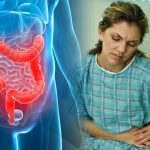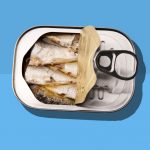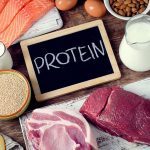
Acid reflux, a common ailment where stomach contents flow back into the esophagus, causing discomfort and potential health issues, is a condition many face. This often painful experience is due to the relaxation of the lower esophageal sphincter (LES), allowing stomach acid to escape. For those diagnosed with gastroesophageal reflux disease (GERD) after enduring these symptoms more than twice a week, managing diet and lifestyle becomes crucial.
The onset of acid reflux can be influenced by various factors, including how you sit or lie post-meal, the volume of food consumed in one sitting, and the types of food you ingest. Simple adjustments, such as maintaining an upright position after eating and reducing meal sizes, can significantly mitigate reflux episodes. However, pinpointing which foods to avoid can be a murky area, with ongoing debates within the medical community. Despite these discussions, the consensus leans towards steering clear of certain foods and drinks to curb indigestion and reflux symptoms.
- High-fat meals and fried foods
- Spicy foods
- Garlic and Onions
- Pineapple
- Citrus Fruits
- Coffee and Tea
- Carbonated Beverages
- Alcoholic beverages
- Peppermint
- Chocolate
High-Fat Meals and Fried Foods
High-fat meals and fried foods are notorious for their ability to decrease LES pressure and slow down stomach emptying. This sluggish digestion process heightens the risk of experiencing acid reflux symptoms. To mitigate this risk, reducing overall fat consumption is advisable. Common high-fat culprits include French fries and potato chips, alongside dairy products like whole milk and cheese. These foods not only contribute to weight gain but are also challenging for the stomach to process, leading to increased acid production and potential reflux.
Fried foods, in particular, are coated in oil and absorb fats during cooking, making them heavy and hard to digest. The National Institute of Diabetes and Digestive and Kidney Diseases suggests that such foods can exacerbate reflux symptoms, advocating for a diet lower in total fat intake as a preventive measure. [1]





